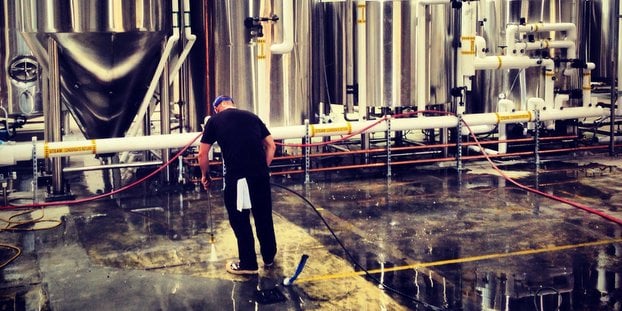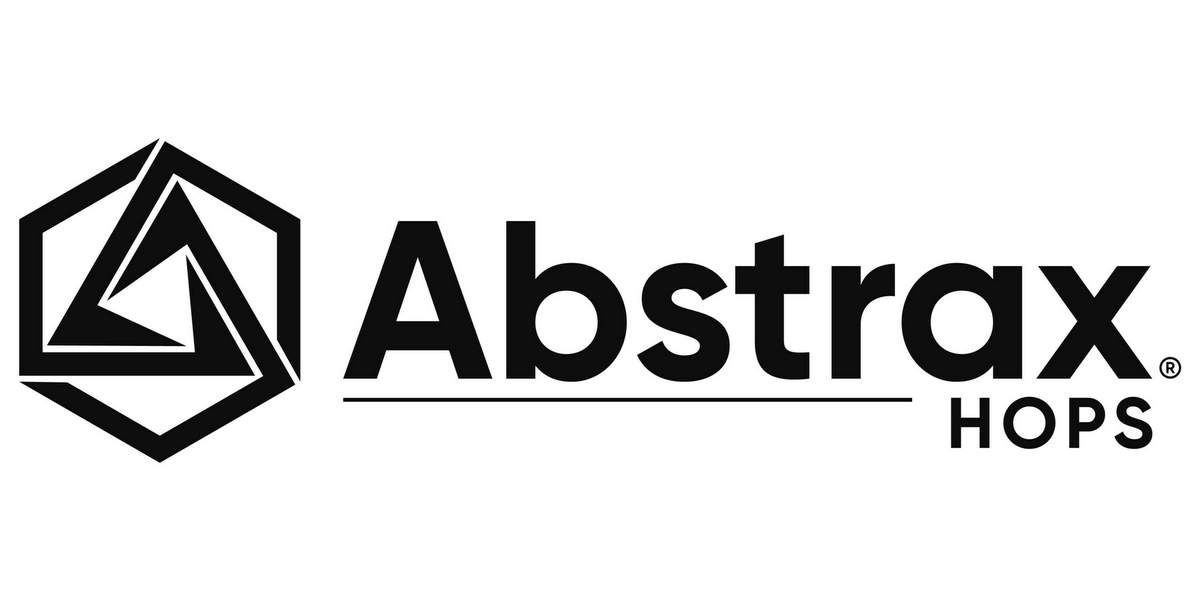
Here’s something I’ve been wondering: Are a mass of local breweries that purposefully stay small better for the economy than a handful of larger breweries? I think this every time the Brewers Association puts out the top 50 craft breweries list. I think about this every time craft beer growth slows and a slew of half-assed articles come out wondering if this is the end of craft beer.
It’s the focus on the largest craft beer companies and on the collective barrel output that gets me. It seems to miss the point of craft beer, or at least doesn’t apportion enough value to the impact of small scale success.
Plus, isn’t the success of craft beer due in part to a reaction against mass production? So, why are we constantly measuring the worth of the industry with the same old measuring stick? Does the craft beer industry want to topple the monolith and just replace it with a few more monoliths?
Growth is the goal, sure. But to what end? Until you go too far and have to lay off people? We’ve seen a lot of this recently in that craft beer upper crust, and when those layoffs occur they, again, lead to articles about the demise of craft beer. But five, 10 or even 50 breweries that bumped their heads on a ceiling don’t tell me much about the viability of the business model or position of 7,500+ other breweries.
I thought about it again most recently when Boston Beer bought Dogfish Head, and I finally stopped thinking and actually emailed someone smart, Bart Watson, chief economist of the Brewers Association, to see what he thought.
Jobs per bbl explored
I’m into the theory of Buddhist economics, which adds value for human dignity and the environment back into the spreadsheet. With that framework as our guide, a better measure to quantify the success of craft beer might be the number of breweries versus number of closings — more breweries in more places means more jobs spread across the country. At least that’s my thinking — I have a communications degree, smoke too much pot and watch pro-wrestling — I might be totally wrong. I just want to convey my general POV as a preface.
So, instead of total market share, I asked Watson if he could look into “jobs per bbl” for different size levels of craft breweries. I wanted to know when the search for bbl growth and expansion started to have diminishing outward returns on that business’s employment impact in an area. Said another way, which puts more food on people’s tables across the country: one big 1 million bbl brewery or 1,000 1,000-bbl breweries?
Here is what Watson sent back:
So here’s a pretty simple break out. The table below is barrels per job I’m using FTEs [full-time equivalent, a unit that indicates the workload of an full-time employed person] , so I converted all [part time] jobs to .5 FT jobs.
| 100K+ | 1,094 |
| 15K-100K | 495 |
| <15K Brewpub | 38 |
| <15K Not Brewpub | 171 |
So craft breweries that are 100,000 barrels or more, create a job for every ~1,100 barrels they produce (still a way higher ratio than the big guys). From 15,000 to 100,000, that drops to 495 barrels for every job. Below 15,000, both categories show more jobs per barrel, or lower barrels per job, but there’s a BIG gap between brewpubs and not brewpubs.
Now, some of that gap is probably just size. What if we limit to just below 1,000 barrels? The gap narrows, but you still see a pretty big brewpub effect.
| <1K Brewpub | 21 |
| <1K Not Brewpub | 64 |
OK, back to me. Here is some overgeneralized napkin math using those stats (which I then sent to Watson, and he adjusted):
- One 100,000 bbl = 140 jobs.
- Six 15,000-bbl breweries = 250 jobs.
Or, getting wacky, using my earlier question
- 1 1-million-bbl brewery = 914 jobs
- 1,000 1,000-bbl breweries = 5,800+ jobs

That is some serious overgeneralization to be sure, but for as much as everyone overgeneralizes the broad craft beer growth stats, I’m allowing it.
In my followup with Watson, I asked him to respond to this statement: “Craft breweries provide a greater economic impact by staying small and local versus scaling up and pursuing large volume growth because a greater number of small, successful breweries creates more jobs.”
His response:
I’d actually disagree with the “greater economic impact” — the impact of craft brewers isn’t that different than the impact of large brewers in terms of the retail dollar value to total impact
What craft breweries do is create a different type of economic impact that is more locally focused and more generally dispersed. Large breweries create huge impacts, but those impacts are very concentrated in particular places, and lots of the impact “leaks” outside of where production occurs since profits, re-investments, etc., are often re-directed elsewhere. Craft brewers are going to have an impact that tends to stay more local, and because there are 7,000+, that impact is much more finely distributed all around the country.
In addition, craft breweries are much more labor intensive, so you’re getting a lot more total jobs for the same impact.
None of this is to say that you shouldn’t run your business as you see fit or turn down opportunities to expand (which may be important for staying afloat). But these numbers do reveal something cool about the craft brewing industry that I think is worth thinking about more.
For any nerds interested in reading more about Buddhist economics, start with E.F. Schumacher’s Small is Beautiful or the more recent book by Clair Brown, Buddhist Economics: An Enlightened Approach to a Dismal Science.





Leave a Reply
You must be logged in to post a comment.